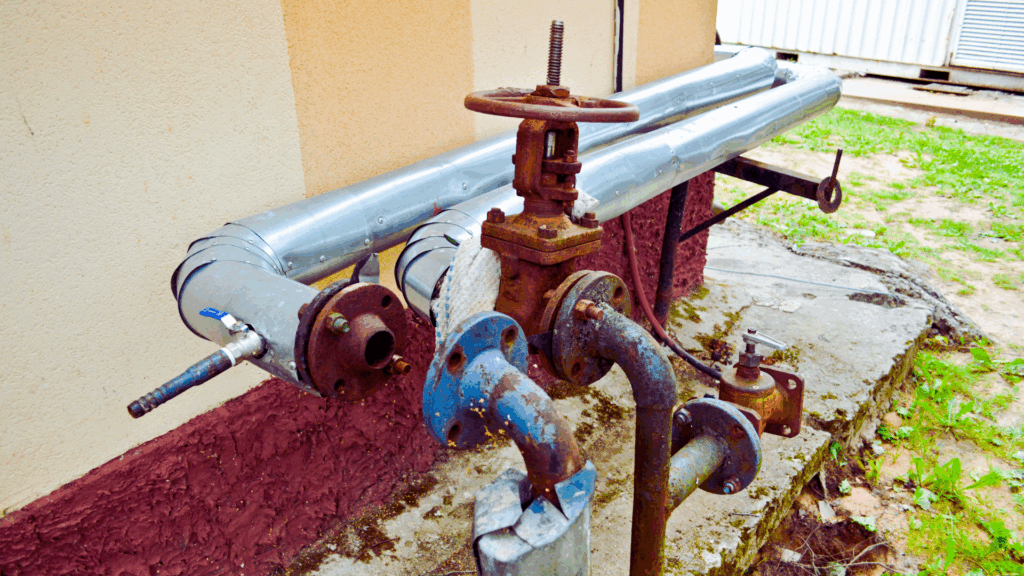It has been a busy month for the team at Moerk Water. We have heard from:
-
School principals frustrated that they do not have good water for their students.
-
Communities in Ghana forced to use dirty river water because their wells dried up.
-
Coastal communities in Papua New Guinea that have been drinking brackish water since cyclone Guba hit in 2007.
-
Communities that have had to dig new wells increasingly further from their homes as seawater enters the groundwater.
-
Islands in the Pacific without any freshwater where the community must risk travel on the open sea to fetch drinking water.
We have built water treatment plants all over the world, however the starting conversation is always very similar – “we need clean water, it’s affecting our health, and we spend so much time trying to get it”. Growing populations and changing weather are making the situation worse.
As the conversation goes further and we start to talk about desalination, it’s not unusual for us to hear something like, “that won’t work for us, reverse osmosis requires a lot of electricity and we don’t have any, plus it will be too complicated to operate and we are very far from any towns or cities”.
This is why Moerk Water plants are designed to be very simple to operate. We specifically design them to last in remote communities and as part of each project, we train local people to operate and maintain their own water treatment plant.
Water treatment technology has advanced considerably in the last decade.
-
Modern treatment methods are reliable and efficient
-
Successful projects in remote areas with limited access to modern infrastructure
Feel free to contact us to talk about how we can help you!
A Moerk Water 250L/hour plant being installed in Kiribati. The plant weighs 150kg, fits in a small crate and uses the same amount of power as a household kettle.
We were proud to have delivered three of these desalination units to the Ministry of Infrastructure and Sustainable Energy (MISE) in Kiribati to support their efforts to increase climate resilience on the outer islands.
The first of these units has been installed on Tebikerai Island, Kiribati, where it will provide clean drinking water to the community of 200 people, the health centre and the primary school We provided remote assistance for installation during covid and used a local partner to train local operators. MISE expects the remaining two units to be installed soon.







